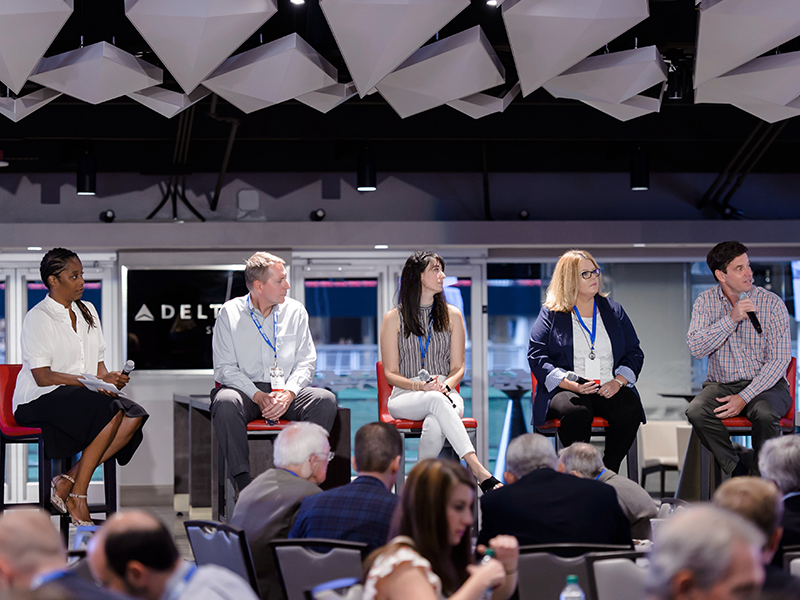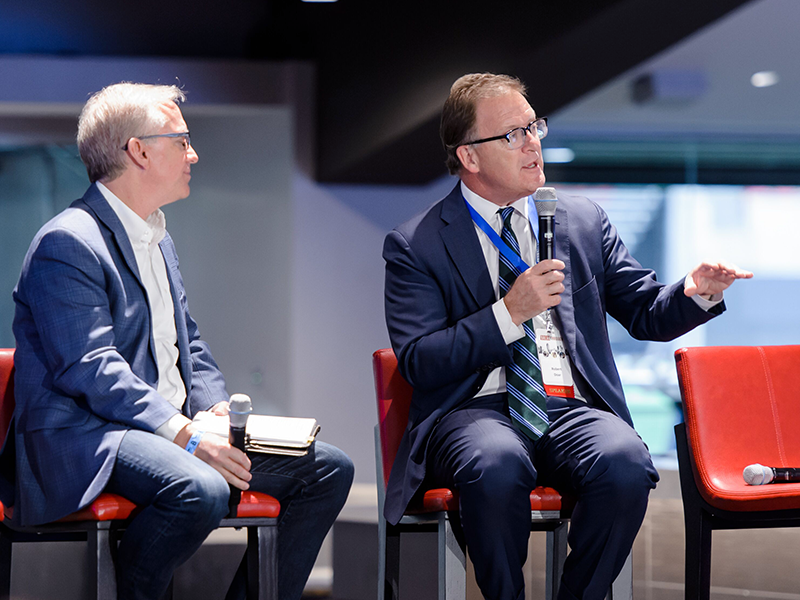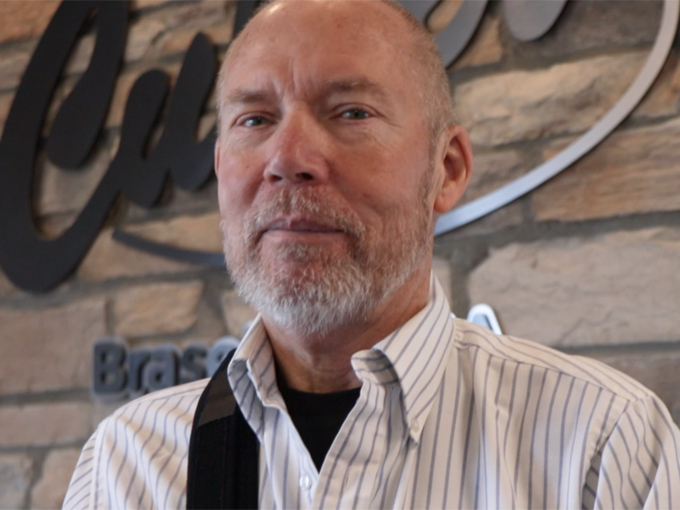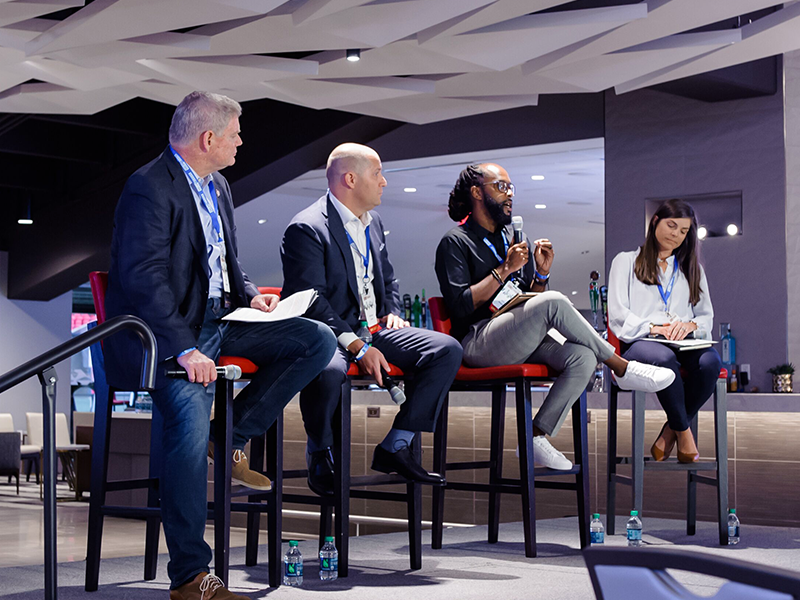If there’s one thing hard-baked into the American dream, it’s the second chance.
We all love second-chance stories—from the Gospel message itself found in the Bible to movies like Les Miserables, Invictus, or The Green Mile.
Perhaps it’s precisely because we all make mistakes and long to be treated with grace—and space to try again—that second chances matter.
And if second chances matter for you and me in the ordinary circumstances of our lives, how much more do second chances matter to those who have committed crimes and paid their debt to society—only to have doors slammed in their faces when they try to start over?
For a glimpse into the life of a Braselton, Georgia man who experienced first-hand how hard it was to get back on his feet after serving his prison sentence—and how important it was to have folks willing to give him a second chance—check out Greg Leppa’s story in the video above.
As Greg’s story proves, second chances are all about hope for a better future. And this is where Georgia Center for Opportunity’s groundbreaking program, Hiring Well, Doing Good (HWDG) comes in. HWDG offers folks coming out of prison—and other circumstances with significant barriers to employment—the resources and tools they need to find a job with a livable wage.
Through key partnerships with employers, community groups, churches, and other nonprofits, HWDG helps participants at this critical juncture of their lives identify the things that are holding them back, gain clarity on next steps and set goals, and acquire the necessary job skills to get a job and become successful.
As Greg shares, nobody can survive without a job. And as his story shows, getting that first job after prison was the most difficult thing because so many places weren’t open to hiring former inmates.
Second chances really do matter.
Click here to learn more about the HWDG program and find out how you can help give folks like Greg the second chance they need to not just survive, but thrive.







